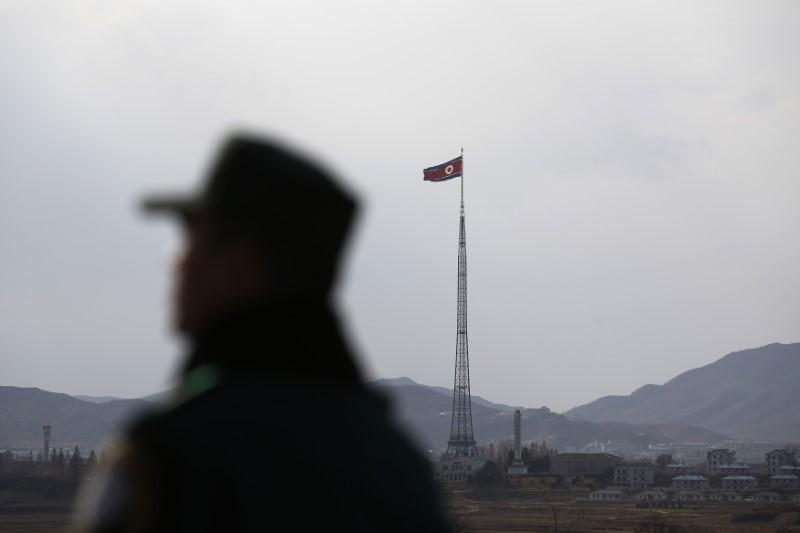A U.S. soldier who dashed across the heavily armed Korean border last month has reportedly said he illegally intruded into North Korea with an intent to “seek refuge,” according to North Korea’s state media.
The soldier, who has been identified as Pvt. Travis King, 23, crossed the border into North Korea while on a civilian tour of the Joint Security Area in the demilitarized zone (DMZ) on July 18.





